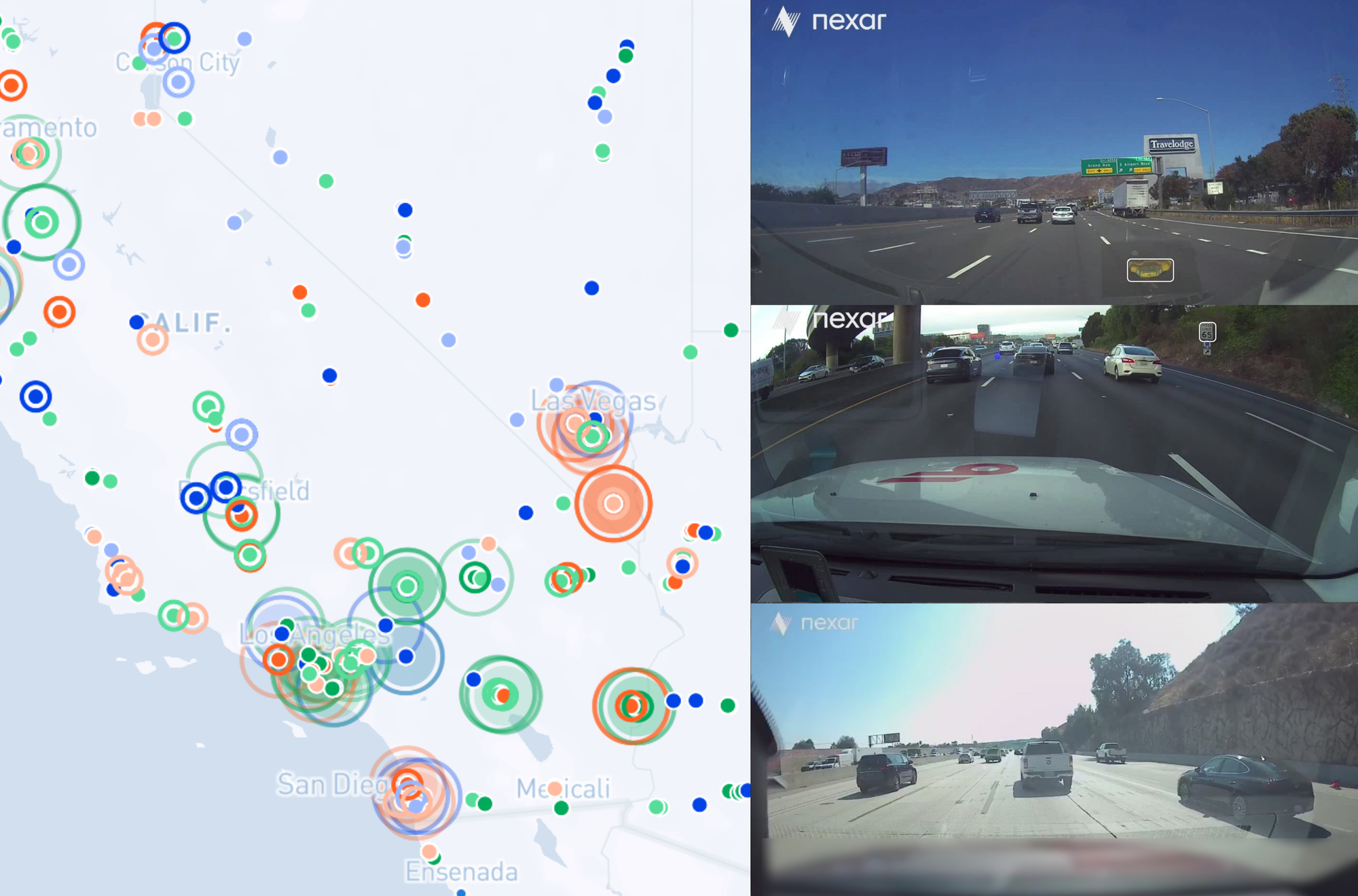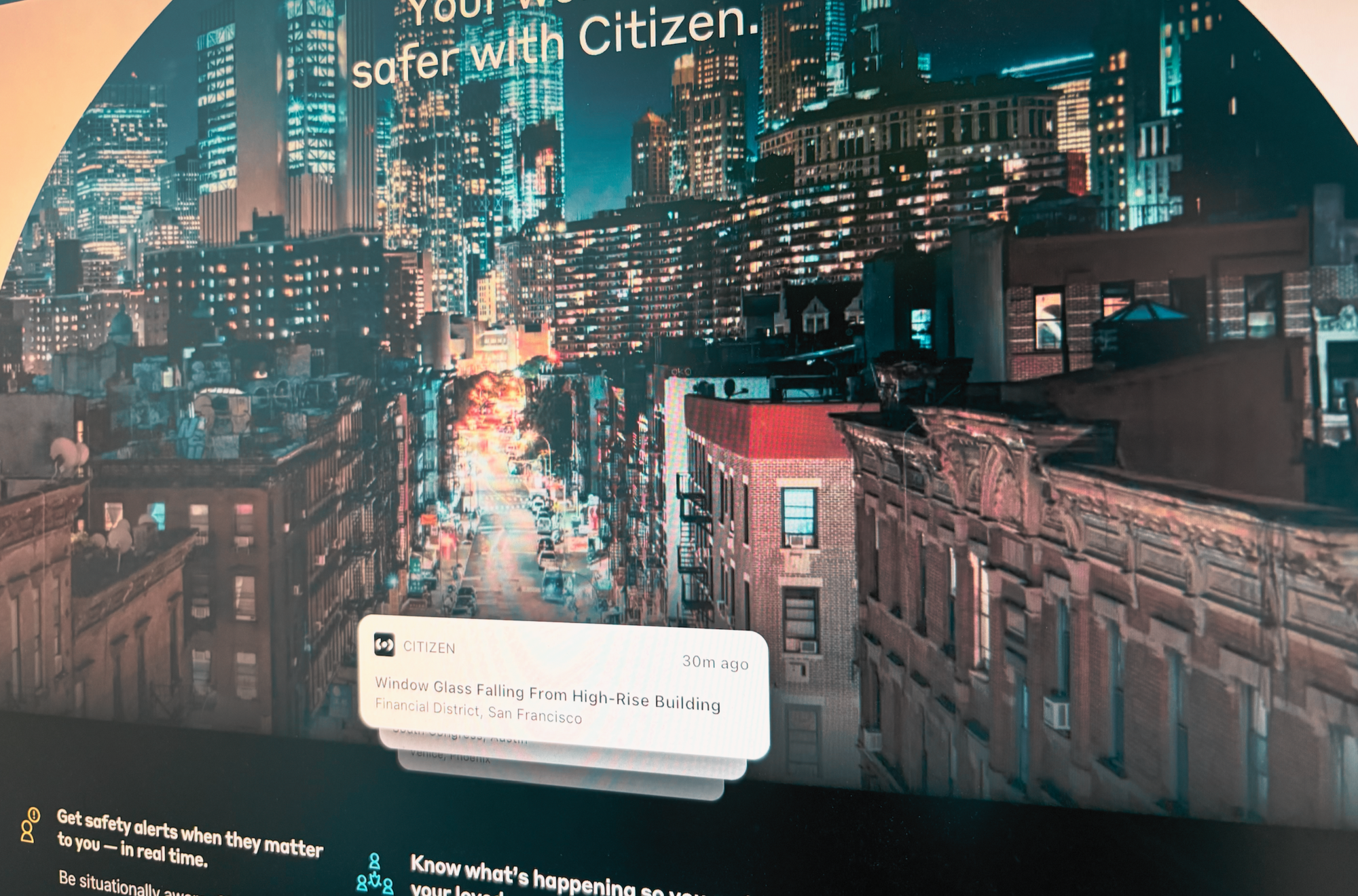
The front page of Imgur, a popular image hosting and social media site, is full of pictures of John Oliver raising his middle finger and telling MediaLab AI, the site’s parent company, “fuck you.” Imgurians, as the site’s users call themselves, telling their business daddy to go to hell is the end result of a years-long degradation of the website. The Imgur story is one a classic case of enshitification,
Imgur began life in 2009 when Ohio University student Alan Schaaf got tired of how hard it was to upload and host images on the internet. He created Imgur as a simple one stop shop for image hosting and the service took off. It was a place where people could host images they wanted to share across multiple services and became ubiquitous on sites like Reddit.
As the internet evolved, most of the rest of the internet got its act together and platforms built their own image sharing infrastructure and people used Imgur less. But the site still had a community of millions of people who shared images to the site every day. It was a social media based around images and upvotes, with its own in-jokes, memes, and norms.
In 2021, a media holding company called MediaLab AI acquired Imgur and Schaaf left. MediaLab AI also owns Genius and World Star and on its website, the company bills itself as a place where advertisers can “reach audiences at scale, on platforms that build community and influence culture.”
The community and culture of Imgur, which MedialLab AI claims is 41 million strong, is pissed.
For the last few days, the front page of Imgur (which cultivates the day’s “most viral posts”) has been full of anti MediaLab AI sentiment. Imgurian VoidForScreaming posted the first instance of the John Oliver meme several days ago, and it’s become a favorite of the community, but there are also calls to flood the servers and crash the site, and a list of grievances Imgurians broadly agree brought them to the place they’re in now.
GhostTater, a longtime Imgurian, told me that the protest was about a confluence of things including a breakdown of the basic features of the site and the disappearance of human moderators.
“The moderators on Imgur have always been active members of the community. Many were effectively public figures, and their sudden group absence was immediately noticed,” he said. “Several very well-known mods posted generic departure messages, smelling strongly of Legal Department approval. These mods had many friends and acquaintances on the site, and while some are still visiting the site as users, they have gone completely silent.”
A former Imgur employee who spoke with 404 Media on the condition that we preserve their anonymity because they’re afraid of retaliation from MediaLab AI said that several people on the Imgur team were laid off without notice. Others were moved to MediaLab’s internal teams. “To the best of my knowledge, no employees are remaining solely focused on Imgur. Imgur's social media has been silent for a month,” the employee said. “As far as I am aware, the dedicated part-time moderation team was laid off sometime in the last 8 months, including the full-time moderation manager.”
Imgurians are convinced that MediaLab AI has replaced those moderators with unreliable AI systems. The Community & Content Policy on MediaLab AI’s website says it employs human moderators but also uses AI technologies. A common post in the past few days is Imgurians sharing the weird things they’ve been banned for, including one who made the comment “tell me more” under a post and others who’ve seen their John Olivers removed.
“There were no humans responding to appeals or concerns,” GhostTater said. “Once the protest started, many users complained about posts being deleted and suspensions or bans being handed out when those posts were critical of MediaLab but not in violation of the written rules.”
But this isn’t just about bad moderation. Multiple posts on Imgur also called out the breakdown of the site’s basic functionality. GhostTater told me he’d personally experienced the broken notification system and repeated failures of images to upload. “The big one (to me) is the fact that hosted video wouldn’t play for viewers who were not logged in to Imgur,” he said. “The site began as an image hosting site, a place to upload your images and get a link, so that one could share images.”
MediaLab AI did not respond to 404 Media’s request for comment. “MediaLab’s presence has seemed to many users to fall somewhere between casual institutional indifference and ruthless mechanization. Many report, and resent, feeling explicitly harvested for profit,” GhostTater said.
Like all companies, MediaLab AI is driven by profit. It makes money as a media holding company, scooping up popular websites and plastering them with ads. It also owns the lyrics sharing site Genius and the once-influential WorldStarHipHop. It’s also being sued by many of the people it bought these sites from, including Imgur’s founder. Schaaf and others have accused MediaLab AI of withholding payments owed to them as part of the sales deals they made.
The John Olivers and other protest memes keep flowing. Some have set up alternative image sharing sites. “There is a movement rattling around in User Submitted calling for a boycott day, suggesting that all users stay off the site on September first,” GhostTater said. “It has some steam, but we will have to see if it gets enough buy-in to make an impact.”

.png?width=1200&auto=webp&trim=0%2C87%2C0%2C113)



























.jpg?width=1200&auto=webp&trim=0%2C100%2C0%2C100)

















